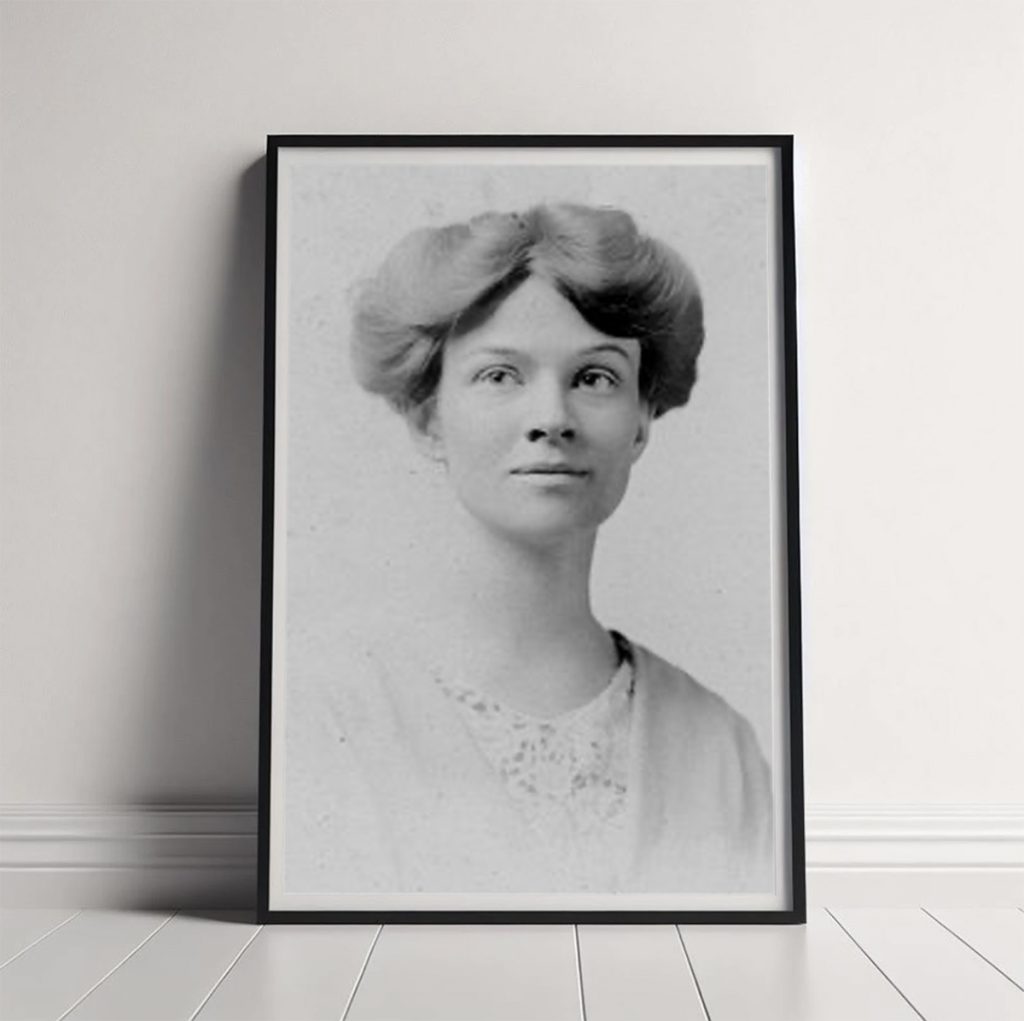
Katharine Martha Houghton Hepburn
activist
About Katharine Martha Houghton Hepburn
Katharine Martha Houghton Hepburn: The Trailblazing Feminist from Buffalo
Buffalo, New York, has been home to many notable figures, but few have left a legacy as profound as Katharine Martha Houghton Hepburn. Born on February 2, 1878, Katharine was a force of nature who championed women’s rights, reshaped societal norms, and paved the way for future generations. Though perhaps best known as the mother of iconic actress Katharine Hepburn, “Kit,” as she was lovingly called by friends and family, was a pioneering activist in her own right.
The Early Years in Buffalo
Katharine Martha Houghton Hepburn was born into a prominent and progressive family in Buffalo. Her parents, Caroline Garlinghouse and Alfred Augustus Houghton, were forward-thinking individuals who prioritized education and equality. Alfred was part of the renowned Houghton family of Corning Glass Works fame, and the family split their time between Buffalo and other family estates.
Tragedy struck early in Katharine’s life. Her father died by suicide in 1892, and her mother passed away from cancer just two years later. Despite the heartbreak, Caroline left a lasting impression on her eldest daughter by stressing the importance of independence and higher education for women. Katharine adopted her mother’s vision wholeheartedly, even when it clashed with societal norms.
While some family members deemed her aspirations impractical, Katharine pursued them with vigor, graduating from Bryn Mawr College in Pennsylvania in 1899 with a degree in history and political science. She followed this achievement with a master’s degree from Radcliffe College. With the encouragement of her late mother lingering in her heart, Katharine’s education laid the foundation for her lifelong advocacy.
A Firebrand for Women’s Rights
Katharine’s academic accomplishments turned out to be just the beginning of her extraordinary career as a reformer. Inspired by a speech from British suffragist Emmeline Pankhurst in 1909, Katharine threw herself into the women’s suffrage movement. She co-founded the Hartford Equal Franchise League and later served as president of the Connecticut Woman Suffrage Association (CWSA). Under her leadership, the movement in Connecticut gained momentum, with Katharine passionately articulating the connection between suffrage and social reforms like combating human trafficking and improving public health.
However, Katharine’s ambitions for the cause couldn’t be contained by one organization. Frustrated with the CWSA’s “old-fashioned” methods, she joined the more radical National Woman’s Party led by Alice Paul—a group known for its bold actions in demanding voting rights for women. Although pregnancy prevented her from participating in protests, Katharine sponsored others to take her place and helped lead the fight from behind the scenes.
Her tireless efforts bore fruit with the ratification of the Nineteenth Amendment in 1920, granting women the right to vote. Despite her victories for suffrage, Katharine showed no signs of slowing down.
Championing Reproductive Rights
Katharine’s next crusade took on the critical issue of reproductive rights. Teaming up with her childhood acquaintance, Margaret Sanger, she became an outspoken advocate for birth control—a controversial topic at the time. Together, they founded the American Birth Control League, which would later evolve into Planned Parenthood. Katharine also worked with legislators to push for medical access to contraception and ran an underground birth control clinic in Hartford during the 1930s.
Her advocacy work in this arena laid the groundwork for landmark legal cases like Griswold v. Connecticut in 1965, which affirmed the right to privacy in matters of contraception. Katharine’s unrelenting efforts challenged societal taboos and expanded the conversation around women’s healthcare rights.
A Lasting Legacy
Katharine’s contributions went far beyond her activism—her legacy extended into her family. She raised six children, including actress Katharine Hepburn, who celebrated her mother’s intellect, influence, and indomitable spirit. The younger Katharine, who became one of Hollywood’s most celebrated stars, credited her mother as a profound influence, calling her a “communist of the heart” and “the most important woman I’ve known.”
Though Katharine Martha Houghton Hepburn passed away in 1951, her legacy endures. Her dedication to suffrage and reproductive rights continues to resonate in the ongoing movements for gender equality. She’s been honored by organizations like Planned Parenthood and Bryn Mawr College, which named a center after her and her actress daughter to inspire future change-makers.
Katharine’s story is a reminder of the strength and resolve it takes to stand up against the tides of tradition. From her beginnings in Buffalo to her revolutionary work across the nation, Katharine Martha Houghton Hepburn’s life offers a timeless lesson in courage, determination, and the enduring belief in a better future for all.
Buffalo is proud to count her among its own, a true trailblazer whose impact still echoes in women’s rights movements today.
